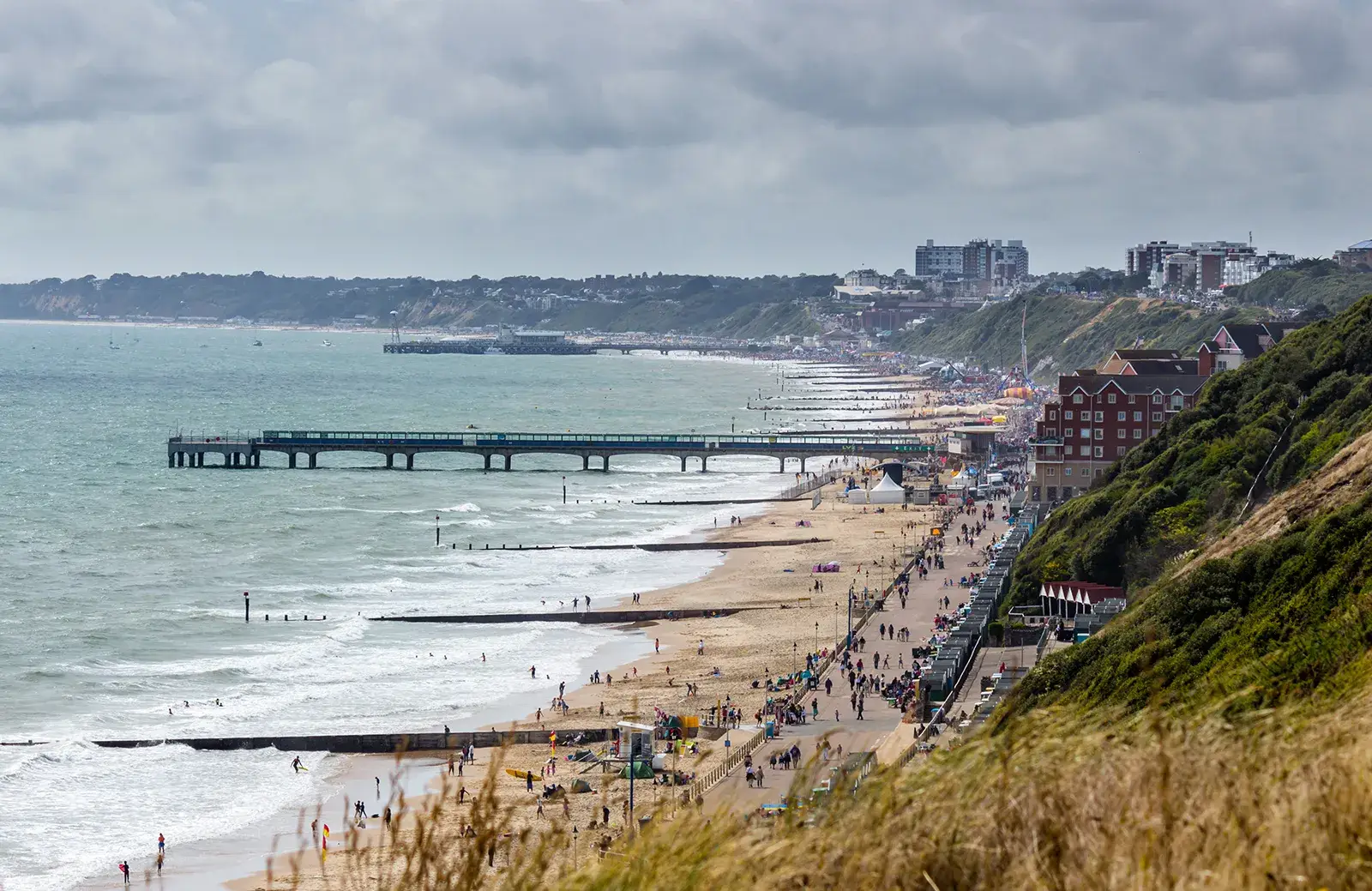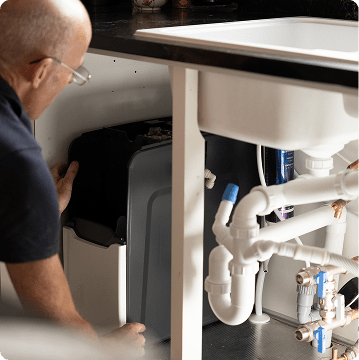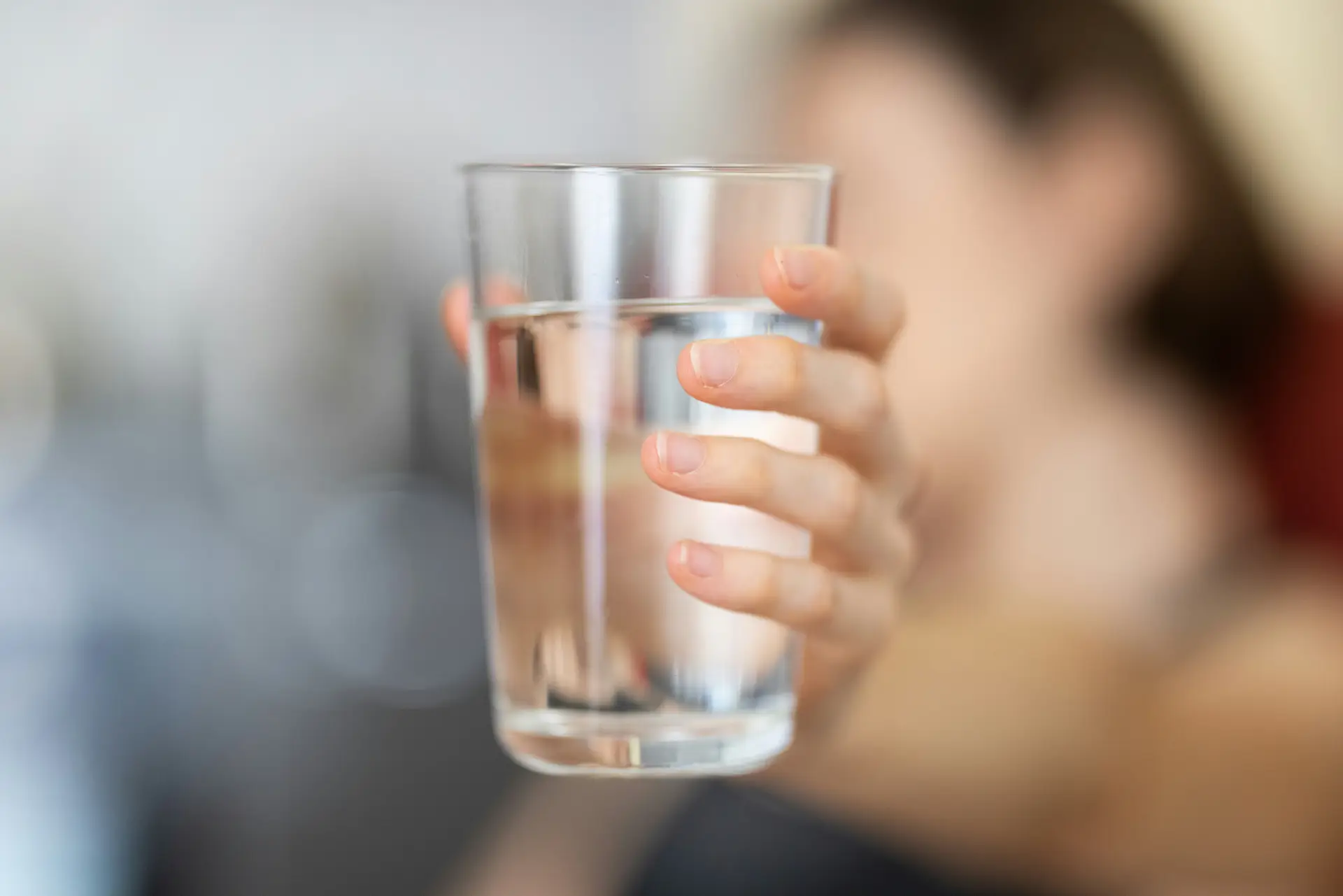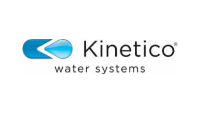Water Softener vs. Water Filter: Choosing What’s Best for Your Home
Water softeners and water filters both improve water quality but through different methods and predominantly with different outcomes. Establishing what you are trying to eliminate or improve will help you decide whether you need a water softener, a water filter or both. The best starting point is understanding their functions…
- What is a Water Softener?
A water softener is designed to combat hard water, which contains excess calcium and magnesium. These minerals cause limescale buildup which can have a significant impact at home and on hair and skin. Softening works through ion exchange.
- What is a Water Filter?
A water filter removes impurities and contaminants such as chlorine, bacteria, heavy metals, and sediments that affect taste, smell, and safety. Filters normally contain a “media” that will remove different contaminants dependent on their chemical properties. There are so many filters available, we have refined our offering to make it simpler for customers to choose what is right for them:
- Basic: similar to a jug filter, these filters usually contain granular activated carbon that removes chlorine, and funny tastes and smells.
- Advanced: usually a more effective carbon filter, plus other media may be introduced too. The effect is greater tasting water, and the ability to look for a filter that will remove a specific contaminant that you are worried about.
- Reverse Osmosis: Water is passed through a semi-permeable membrane at pressure, leaving nearly pure water. Pure water is actually acidic, so we always “re-mineralise” the water, by adding a little bit of calcium back into the water.
How do I Decide Witch I Need?
Deciding which you need is often subjective. Below we have captured the most common reasons why our customers have had water softeners or water filters fitted:
Do I Need Both?
There are some ways that you can understand this or do your own research:
- You could test your water hardness – this is measured in ppm. In our area (Dorset, Wiltshire & Hampshire) we see ppm range between 280-320ppm. Anything over 200ppm is typically classified as hard.
- You could look at your local water reports
- You can read articles or studies on drinking water and claims made about the impacts on heath
- Ask friends and family about their experiences with water softeners and water filters
Deciding on a Solution
If you are frustrated with the impacts of hard water on your home, hair and skin it is worth investigating options around water softeners.
If you are concerned about the taste of your water or what’s in your water it is worth investigating your options around water filters.
Need Help Navigating Water Treatment?
For homeowners in Dorset, Hampshire, and Wiltshire, we are Southern Softflow – a local, family-run company established in 2000. We pride ourselves in offering straightforward, honest advice. We offer a free, no obligation, home survey and would love to help solve your water problems.












